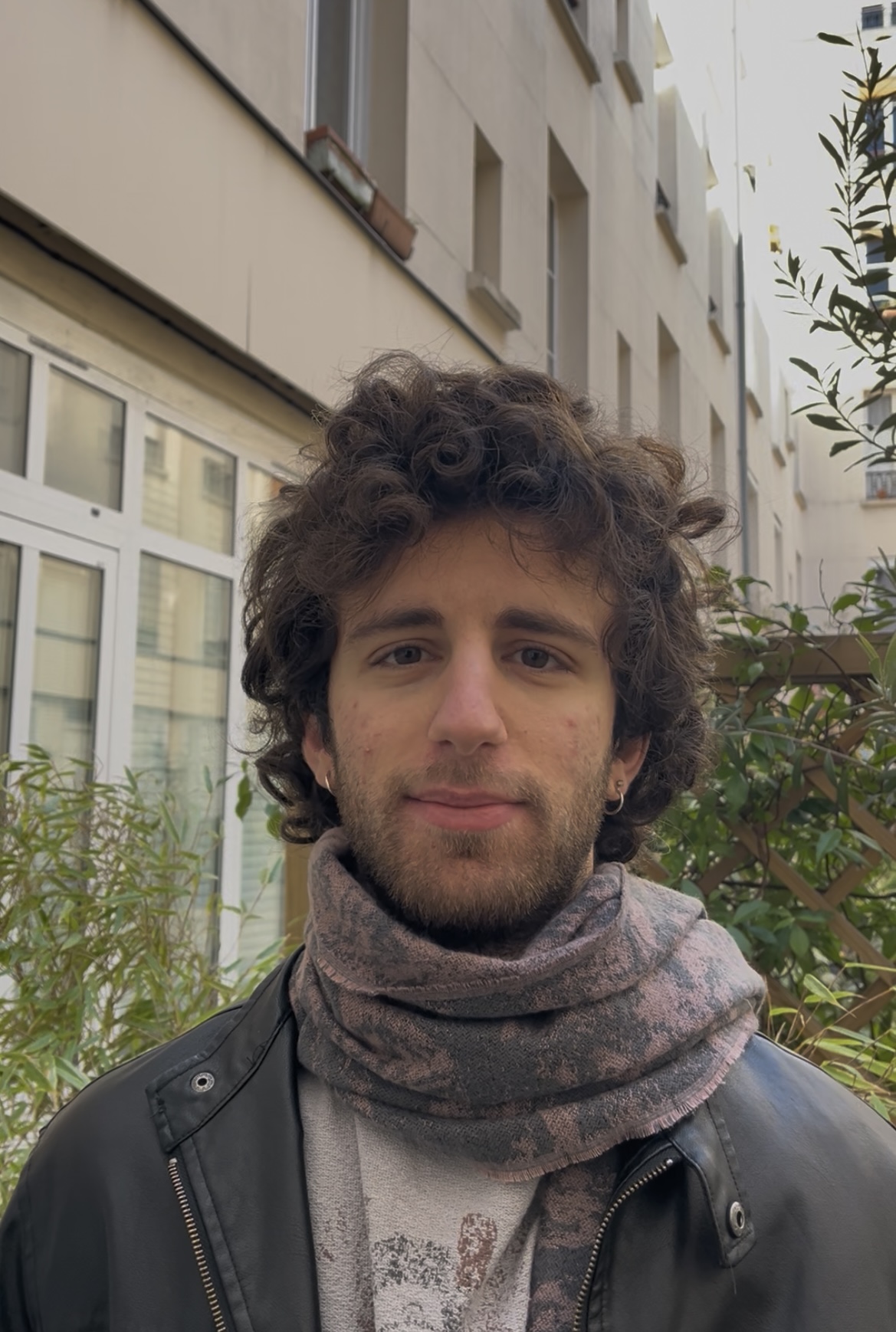
About me
Hello! I'm a master's student in cognitive sciences at Ecole Normale, Paris. I am inspired by the mechanisms that make living beings be; humans perceive, feel, and act. I aim to study some of these mechanisms, while contributing to their expression.
I obtained my bachelor's in Economics and Computer Science from Bocconi University in July 2023, while expanding my academic reach to neurosciences through extra courses and research. During my degree, I co-founded BAINSA (Bocconi AI & Neuroscience Student Association), a student group conducting student-level research projects, organizing events, weekly meetings, and other activities - i.e., panel on NeuroAI at WAICF (World AI Cannes Festival) 2024.
Research
In my latest research, I interned at the Institute for Neural Computation, Ruhr-Universität Bochum focusing on Clone-structured-causal-graphs (CSCGs) [1],[2]. Under the supervision of Tristan Stöber, my goal was to provide a better understanding of how CSCGs support causality by validating the cloned Hidden Markov Model (HMM) used for building CSCGs against counterfactual causal criteria. This is useful to demonstrate that the model can serve as a computational implementation of the episodic memory theory developed by M. Werning, proposing that episodic memory plays a crucial role in causal reasoning through counterfactuals.
In my previous work, and as a bachelor's thesis, under the supervision of Alessandro Sanzeni, I explored how visual information is processed in primary visual cortex (V1) during body movement. Through electrophysiological data analysis, I discovered that V1 contains an invariant representation of visual stimuli that is independent of passive head movements, and obtained evidence suggesting the presence of an abstract, yet high- dimensional representation of information that supports generalization.Thesis
-
Understanding visual information processing during body movement.
(The thesis is password-protected: You can request the password via email if interested).
More
I enjoy listening to and experimenting with music, discovering immersive art experiences, and taking pictures here and there. I think I'm happy when I practice sports.
: